Association Leadership Spotlight: Liam Kernaghan, President RNZPBA – Part 1
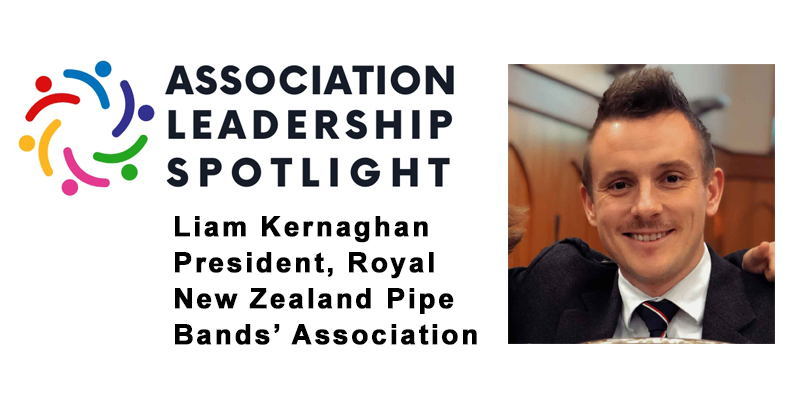 Thirty-four-year-old Liam Kernaghan is the youngest ever elected president by the nearly 100-year-old Royal New Zealand Pipe Bands’ Association. He might also hold that status in the history of significant piping, drumming and pipe band associations worldwide.
Thirty-four-year-old Liam Kernaghan is the youngest ever elected president by the nearly 100-year-old Royal New Zealand Pipe Bands’ Association. He might also hold that status in the history of significant piping, drumming and pipe band associations worldwide.
Elected to the post last November, Kernaghan officially took over the role on January 1st from Iain Blakeley, who held the presidency for most of the last three decades. Looking out for what he felt was best for the RNZPBA, Blakeley voluntarily stepped down to ensure a smooth transition.
The New Zealand Pipe Band community is truly remarkable. The commonwealth country of only six-million boasts more top-grade competing bands per capita than anywhere outside of Scotland. Kiwis as a people are famous for their congenial and easy-going attitude, and that culture carries into the piping and drumming community. While some associations worldwide suffer from an over-competitive environment rife with suspicion, the RNZPBA feels – at least to an outsider – that it always has the best interests of its members at heart.
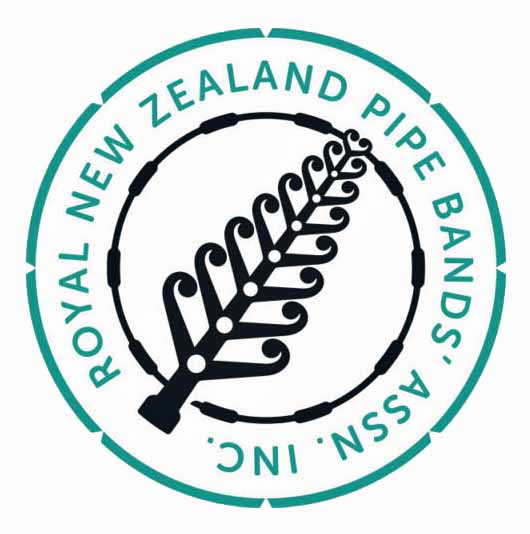 Liam Kernaghan is a busy man. He’s taken on the RNZPBA presidency after serving on the association’s board, and continues to be an active world-class solo competitor and adjudicator. His experience as a top-flight piper inevitably brings an empathetic perspective to the role. He has not only walked the talk, he’s marched the march.
Liam Kernaghan is a busy man. He’s taken on the RNZPBA presidency after serving on the association’s board, and continues to be an active world-class solo competitor and adjudicator. His experience as a top-flight piper inevitably brings an empathetic perspective to the role. He has not only walked the talk, he’s marched the march.
He also knows what his fellow New Zealanders go through when they travel 12,000 miles to Scotland to compete. A top-flight solo competitor at home, he’s successfully displayed his piping talents in the UK, gaining prizes at the major solo gatherings.
His experience in bands is no less accomplished. A member of Grade 1 Canterbury Caledonian Society for 10 years (two as pipe-sergeant), he was a 20-year-old member of Peoples Ford Boghall & Bathgate Caledonia in 2011 and ’12 – this after his formative years with New Zealand’s City of Dunedin and John McGlashan College.
Kernaghan’s professional work life is no less accomplished. He’s Head of Government & Community Affairs at Chorus, New Zealand’s major fibre broadband infrastructure company, and has held several communications roles with significant Kiwi companies. In 2020 he was the National Party parliamentary candidate for Taieri in New Zealand’s federal election after holding several advisory roles for the country’s Leader of the Opposition.
Suffice it to say, there is no shortage of ambition with Liam Kernaghan.
As part of the pipes|drums Leadership Spotlight series, we caught up with the Royal New Zealand Pipe Bands’ Association’s new president to hear about his vision, philosophy and hopes for the thriving scene down under. (We also include a transcript of our discussion below.)
pipes|drums: Congratulations on your election as president of the Royal New Zealand Pipe Band Association. You’re stepping into some big shoes with Iain Blakeley’s long tenure and great service to the organization. How does it feel to follow Iain?
Liam Kernaghan: It’s an enormous privilege. And, in any of these roles where you get the opportunity to give back, you sort of feel very grateful, and you want to hit the ground running. But also, Iain, for context, Iain was the president for almost the entirety of my piping career from when I started back in about 2004, 2005.
I had just joined the board and then became president. He’s all I and countless other New Zealanders have really known.It’s incredibly daunting. And for me, it’s about, honouring his legacy and recognizing the incredible contribution that he made over 20 years, but also taking some of the good things that he has done and put in motion, and then turbocharging that.
He is still very supportive of the association. He’s still very supportive of what we’re trying to achieve, and we’re very much looking forward to having him around and using his knowledge and expertise for hopefully, many, many years to come.
p|d: What are some of those things you’re looking forward to continuing in that in Iain’s path, some things that he, he might have started under his tenure, that you want to continue?
LK: Over 20 years, there are many things to list, but if I can pinpoint the things that have made, the most significant difference, first and foremost, Iain really brought us into the 21st century when it comes to pipe band associations and pipe band competition, and we’re a much more outward looking, progressive, international focused pipe band community.
And over his time, we had our we had our first World Championship win in the Juvenile with St. Andrew’s College. We’ve had more and more bands go to Scotland for the World Pipe Band Championships and be successful. And we very much want to continue the pathway and make sure that bands have the support and the opportunity to continue to perform well on the international stage. And that bodes well, not just for those bands, but the individuals inside them.
He’s had an incredible focus on youth and bringing the next generation into the pipe band community, whether they’re pipers or drummers or supporters. And he was instrumental in the setting up of the sort of second and third waves of the National Youth Pipe Band here in New Zealand, which has provided untold opportunities for many of our up-and-coming players. And not only is it an avenue for them to hone their skills and make mates and learn from some of New Zealand’s best and some of the world’s best, but it’s an incredible promotional tool for us to try and inspire the next generation of Kiwis to be part of it.
“Because we are 12,000 miles away from Scotland, piping and drumming isn’t necessarily culturally normal in New Zealand. It’s not something you see a lot of, and we have to work really hard to try and get into communities and try and, inspire the next generation to take up the pipes and drums.”
And in tandem with all of the work that he and the association have done to try and support bands right throughout the country, to teach and to inspire, that’s really critical, because we are 12,000 miles away from Scotland, piping and drumming isn’t necessarily culturally normal in New Zealand. It’s not something you see a lot of, and we have to work really hard to try and get into communities and try and, inspire the next generation to take up the pipes and drums. It’s about continuing some of that stuff that he’s done in promoting New Zealand to the world, and supporting our bands to succeed on the world stage, and ensuring that that next generation comes through. Because for us, if we don’t have younger players coming through, quite regularly, and if we don’t have a new influx of players at the likes of the summer schools that we run, we do run the risk of slowly dying out. And it’s something that we’re keenly focused on, and I know that we’re really super-focused on ensuring that that continues to happen.
p|d: It seems like there’s a common thread, with a lot of what you’re talking about. You’re 34 years-old, which is very young when it comes to association leaders, who tend to be 50 years plus. And not only that, but you’re a current competitor and an adjudicator. This trend of looking after youth and going forward and welcoming younger people into it, both at playing and leadership level – is that something that is intrinsic to New Zealand?
LK: It’s interesting. And, and we’ve, we’ve sort of been watching keenly some of that, some of the reporting from the UK, maybe last week or the week before, where [the Glasgow Herald newspaper] were saying the pipes are dying out, and it’s a dying hobby or instrument. And we sort of laugh to ourselves, because nothing, nothing could be further from the truth here.
Whether it’s what the association’s done, or whether it’s in large part due to some of the amazing teaching that’s going on, we are genuinely seeing many, new kids and new learners coming through the system, whether it’s through some of the big programs or through some of our community bands in the far-flung regions in New Zealand. And so, for instance, at our summer school, we had almost 130 students, which is the biggest we’ve had in the North Island for quite some time. But the really cool thing was, 60 or 65% of those that were attending were totally new. They’d never been to a summer school before, and for us, it’s incredibly heartening to see some of those new faces come through. We want to really encourage that.
“If anything, in New Zealand, piping and drumming is going through a real renaissance, and has been for some time, and that is really exciting from one perspective of how we keep the movement going.”
If anything, in New Zealand, piping and drumming is going through a real renaissance, and has been for some time, and that is really exciting from one perspective of how we keep the movement going. But when it comes to young youth leadership in New Zealand, I’m probably not an enigma in New Zealand. We do tend to have the incredible privilege of having many great opportunities and piping and drumming kind of step up when it’s time.
We are a smaller community. There are fewer of us in New Zealand, and when it’s our time to make a contribution, we do. I’m not any different. For a long time, the likes of Greg Wilson and Richard Hawke and Brendan Eade and now Stuart Easton, Willie Rowe, myself, and countless others who I won’t name because I would just keep going. We all feel there is a responsibility that we have to give back in some way, shape and form.
The RNZPBA has never been particularly different in that regard. Iain himself was in his mid-thirties when he took over as president. And he was much older than I was when we when he did 20 or years ago. We’ve had the likes of Stu McHale who joined the board in the last four years, and he’s in his thirties. And it’s reasonably normal in New Zealand.
Part of that is the responsibility that we feel because the opportunities that we’ve had, but we are a smaller community, and we do muck in, and it’s probably just part of our Kiwi attitude that we just dig in and give it a go when it’s our time.
p|d: That’s really interesting. It seems to be a cultural thing, maybe with the ethic of pipers and drummers there and getting together and collaborating and working together in a positive kind of way that we don’t necessarily see some in some jurisdictions, and maybe that is changing, too. We’d like to think that New Zealand would be an inspiration. Why don’t we wrap that up part one there, and return in Part 2, and we’ll talk about maybe your particular philosophy of leadership, and what your vision for the Royal New Zealand Pipe Band association.
Stay tuned for Part 2 of our discussion with Royal New Zealand Pipe Bands’ Association President Liam Kernahan.


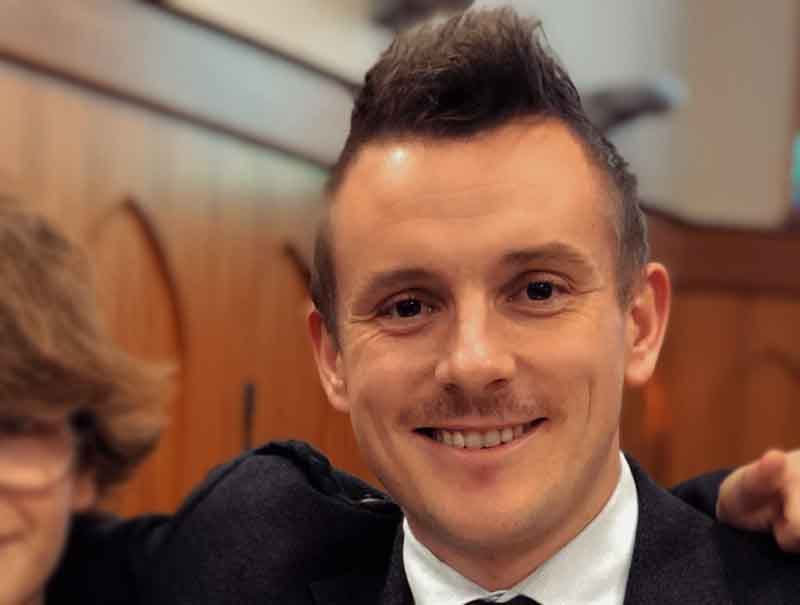
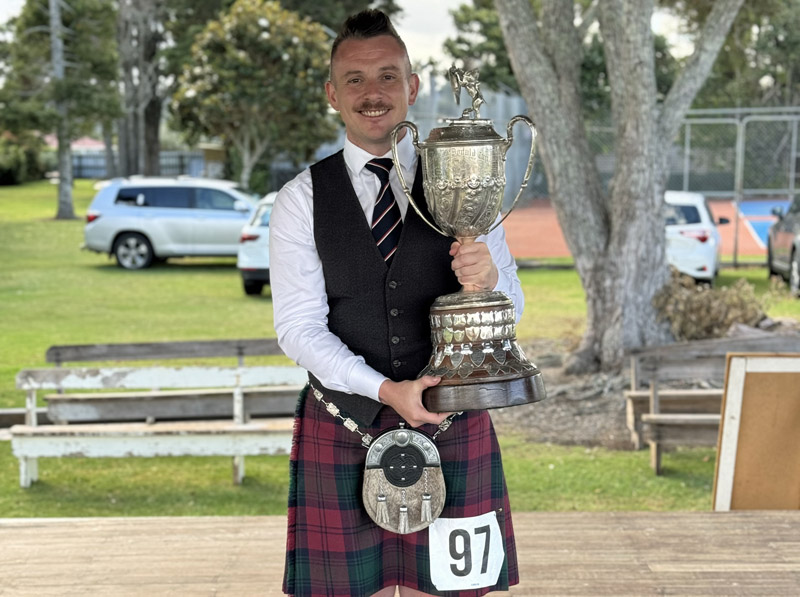
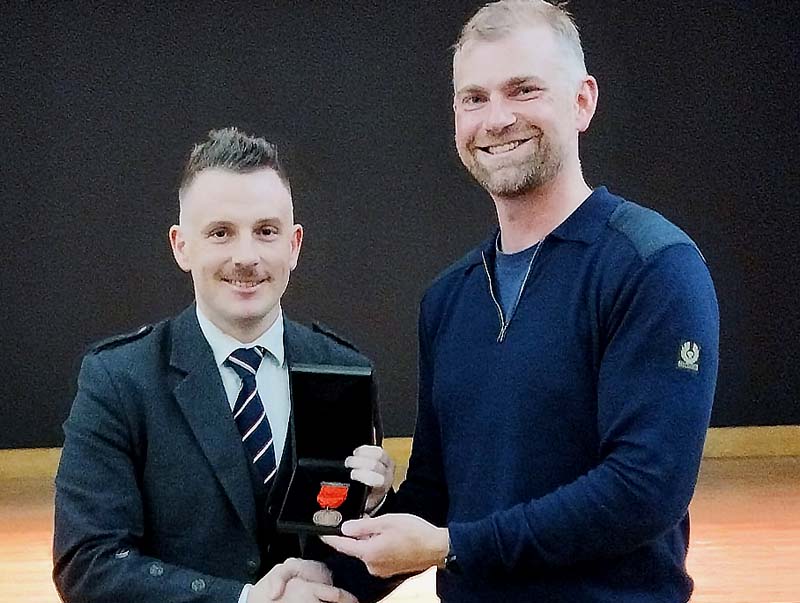
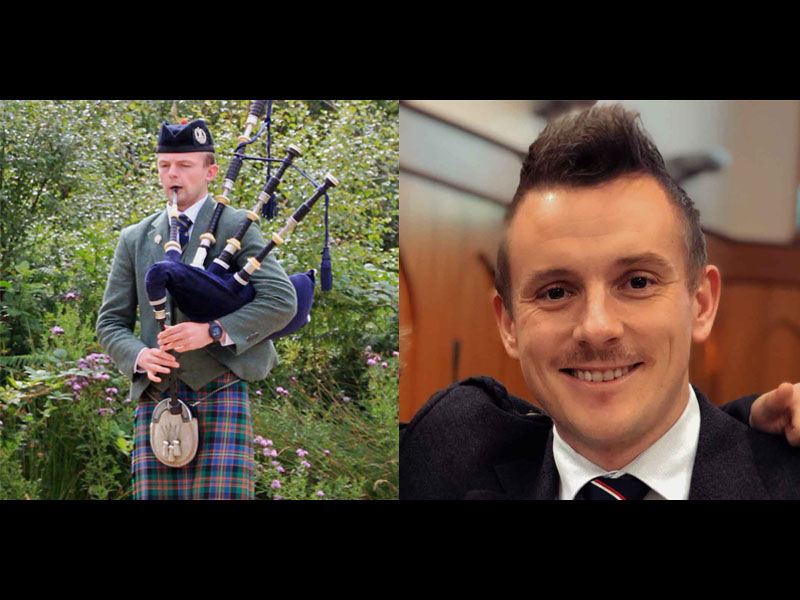
NO COMMENTS YET